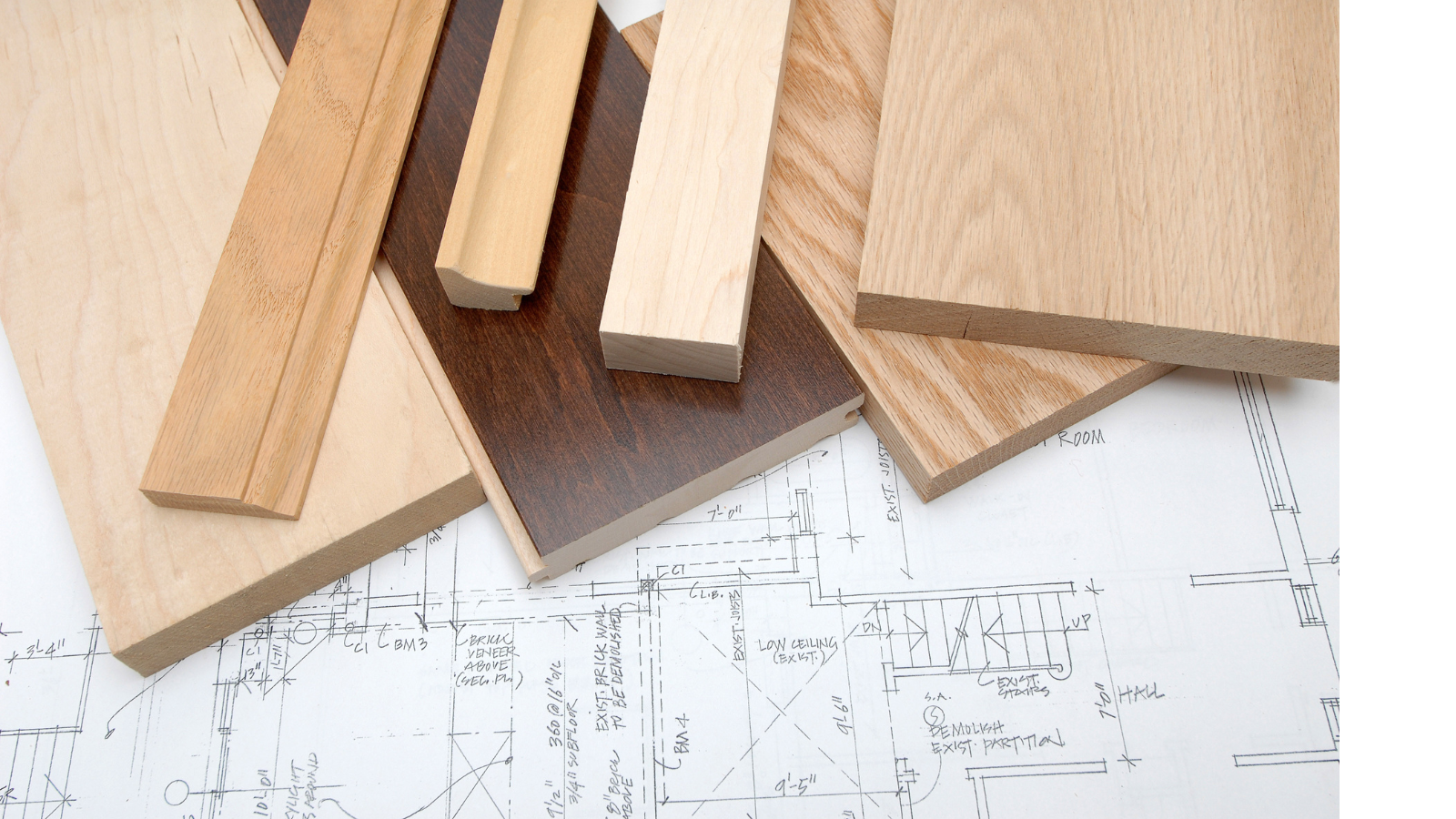(630) 761-0400
info@randalretail.com

Six Simple Ways to Compare Millwork Estimates
Published by Randal Retail Group on
Sep 14, 2022 8:25:21 AM
At the outset, comparing millwork cost estimates takes up a bit more time and effort. Comparing estimates apples-to-apples can be difficult, especially when lower costs make one apple a lot more appetizing.
Estimates often contain different information laid out in various ways, making it difficult to determine which vendor is offering the best deal for high-quality work. However, the time and money you save with your on-budget, on-time store opening makes it all worthwhile.
- When you receive a delivery on time, complete, and undamaged, you save time and money.
- No loss of revenue from delayed store opening
- No additional rent/lease costs
- No additional costs from tradespeople for delaying their work
- No additional employee costs due to delaying stocking shelves
- No costs associated with the time it takes to reschedule tradespeople and employees
- Detailed estimates help you budget and plan, avoiding unexpected costs.
- Guaranteed pricing provides consistency that saves time and money in many ways, including:
- Budget accuracy
- Stable costs despite variables like busyness and location
- Less time spent dealing with collecting and evaluation bids, allowing more time for hiring, training, and running the business
Six Steps to Equalize Estimates
- If a vendor gives you a lump sum cost rather than a detailed estimate, request the particulars. Examine parts and materials carefully to be sure all estimates include all the supplies needed.
- Get exact descriptions of the parts and materials. A vendor providing higher quality supplies will have a higher cost estimate than one substituting lower quality parts and materials.
- If the estimate is based on square footage, ask for an itemized list. A ballpark estimate based on the size of your location leaves a lot of room for interpretation, mistakes, and missing items. An estimate that specifies every fixture, every material, and every part gives you confidence that you are getting exactly what you need.
- Low initial prices attract your business initially but can rise significantly down the road if you do not have price guarantees. Franchisors need consistent pricing to include as they sell to franchisees.
- Ask how long the cost estimate will be honored. For example, Randal pricing is guaranteed for between 12 months and 36 months, depending on the project, possibly including a clause with a maximum adjustment to cover rising costs in materials.
- Ask how long the cost estimate will be honored. For example, Randal pricing is guaranteed for between 12 months and 36 months, depending on the project, possibly including a clause with a maximum adjustment to cover rising costs in materials.
- Confirm that your estimate includes all the intangibles, like packaging, pallets, loading, shipping, installation, maintenance, and warranty.
While that lower-priced estimate can look like the shiny apple, when you take the first bite, you might find a worm. Do your research in advance of your decision to ensure you receive the highest quality parts and services you need.

